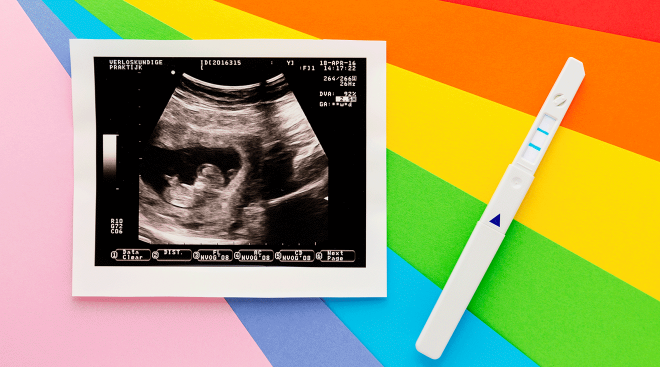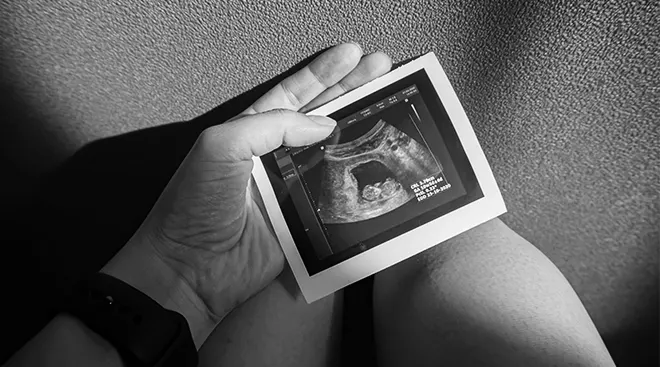New Zealand Has Passed a Bill on Paid Bereavement Leave After Miscarriage
On Wednesday, March 24, New Zealand’s parliament unanimously voted to pass legislation offering three days of paid bereavement leave to couples who suffer a miscarriage or stillbirth, and it includes couples who may have been using a surrogate or planning to adopt.
While employers in the country were already required to offer paid leave to employees who suffer stillbirths or experience pregnancy loss at or after 20 weeks, the new proposal makes it clear that anyone who experiences a pregnancy loss at any point is entitled to paid leave. The proposal, which has been in development for a few years, will be signed into law in the coming weeks. The law was passed at a time when many women are feeling the pressure to balance work and home.
“I felt that it would give women the confidence to be able to request that leave if it was required, as opposed to just being stoic and getting on with life, when they knew that they needed time, physically or psychologically, to get over the grief,” Ginny Andersen, the Labour member of Parliament who drafted the bill, told The New York Times, adding that many countries still don’t offer any kind of paid leave for people who experience pregnancy loss. “We may well be the first country. But all the countries that New Zealand is usually compared to legislate for the 20-week mark.”
In Australia, unpaid leave is available for anyone who experiences a miscarriage or pregnancy loss after 12 weeks of pregnancy, meanwhile Britain gives paid leave to couples who experience a stillbirth after 24 weeks of pregnacy. In America, there is still no requirement for employers to give paid leave to anyone who experiences a pregnancy loss. In fact, earlier this month, a teacher in D.C. shared her story of being denied maternity leave after experiencing a traumatic stillbirth.
Up to 25 percent of pregnancies can end in miscarriage. In recent years, many have opened up about their experiences in an attempt to de-stigmatize the topic. But, when it comes to the support women who experience a pregnancy loss often need, there is still much to be done. It’s likely many women will need more than three days to grieve—and in some countries women are still having to grieve while carrying on in their daily life. Three days may not be enough time, but the law is a step in the right direction.
Please note: The Bump and the materials and information it contains are not intended to, and do not constitute, medical or other health advice or diagnosis and should not be used as such. You should always consult with a qualified physician or health professional about your specific circumstances.
Navigate forward to interact with the calendar and select a date. Press the question mark key to get the keyboard shortcuts for changing dates.





















































